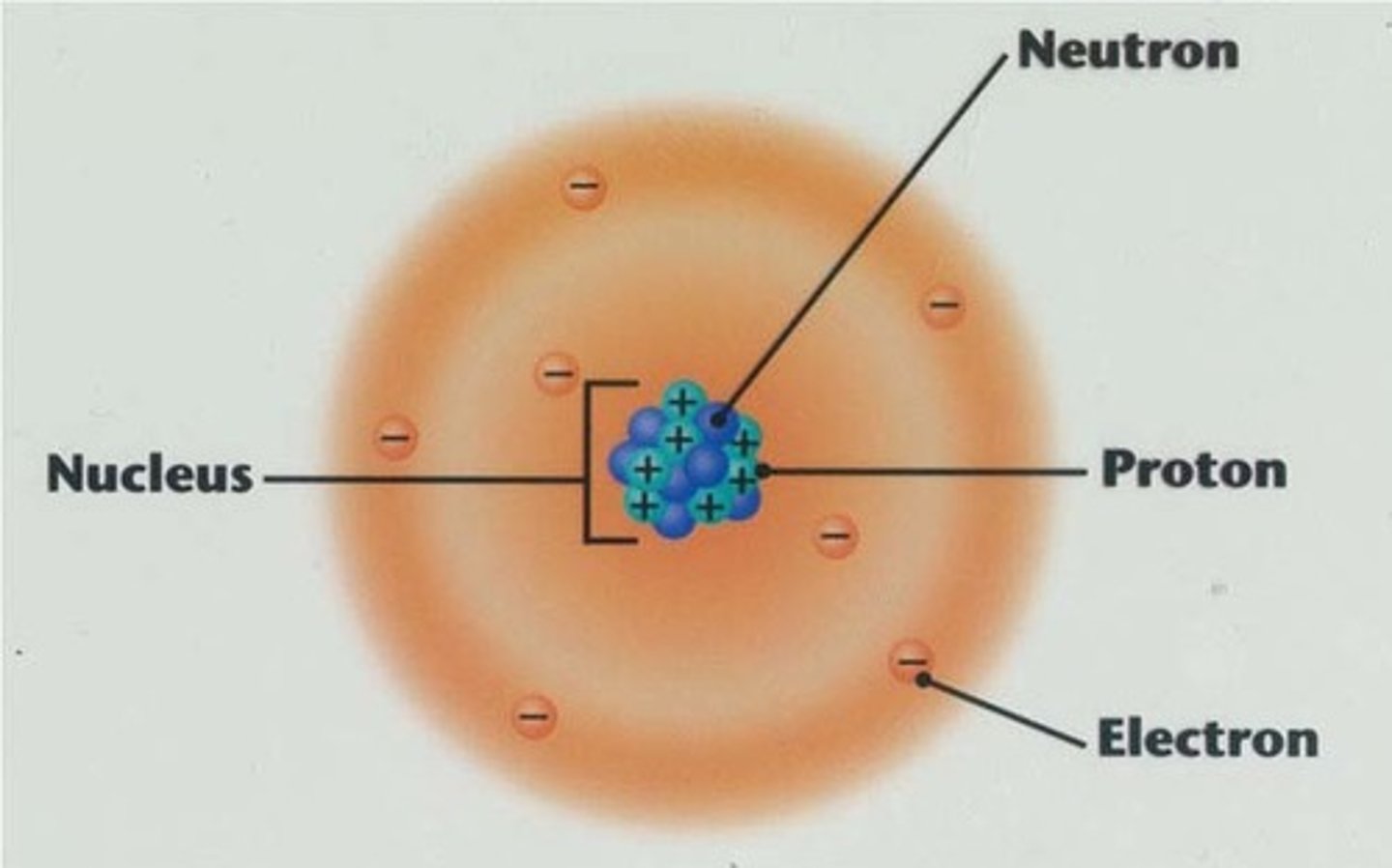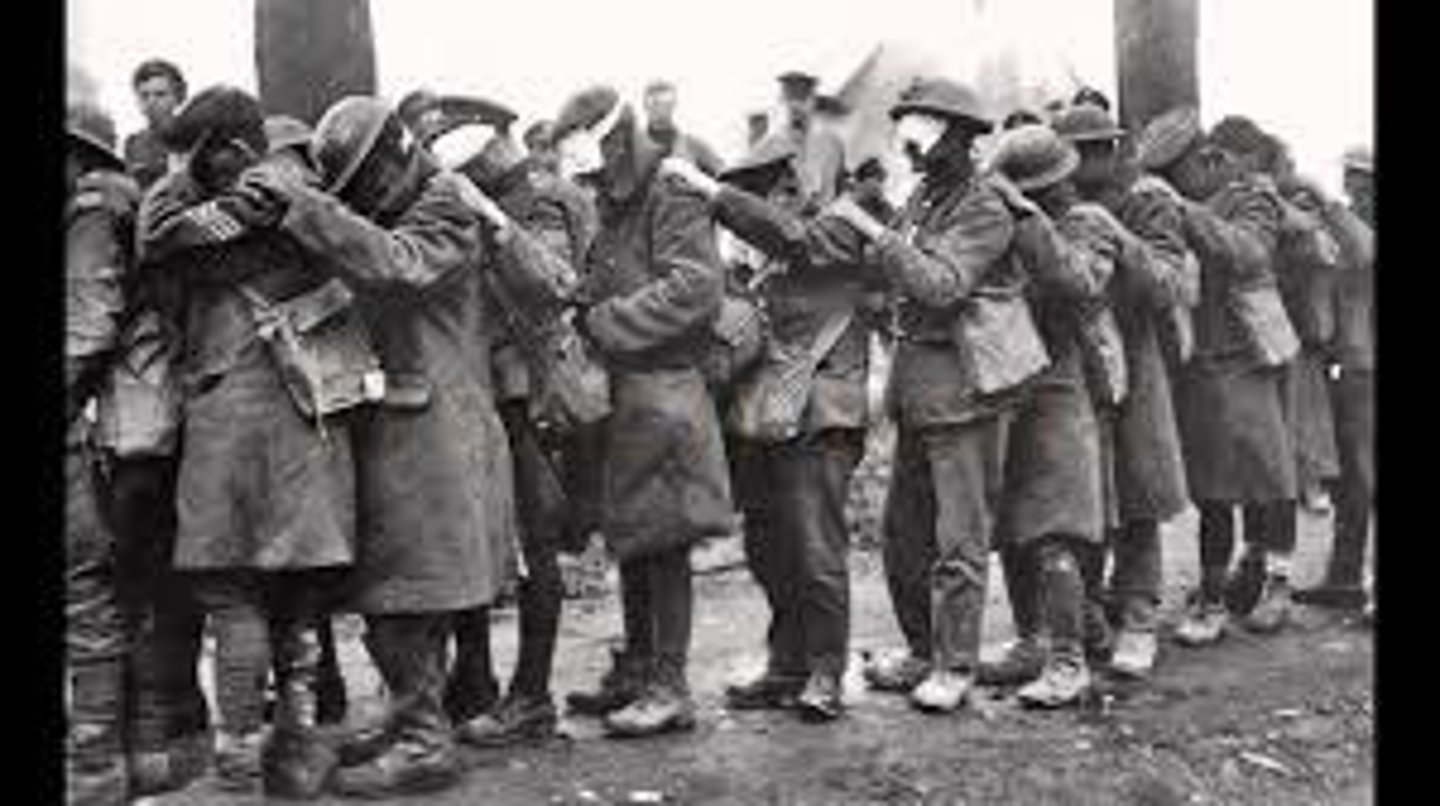8.10 20th c. Cultural, Intellectual and Artistic Developments
1/11
Earn XP
Description and Tags
Name | Mastery | Learn | Test | Matching | Spaced | Call with Kai |
|---|
No analytics yet
Send a link to your students to track their progress
12 Terms
subatomic particles
protons and electrons (and other smaller parts within an atom) that were discovered leading to a shift in the idea that atoms were the basic building blocks of matter--questioning the Newtonian World View.
3 multiple choice options
Albert Einstein
German physicist, father of modern quantum physics.
3 multiple choice options
Theory of Relativity
Albert Einstein's ideas about the interrelationships between time and space and between energy and matter being not independent of human observers.
3 multiple choice options
Werner Heisenberg
A German physicist that speculated that there was no real certainty in where an electron was, and only tendencies. This broke down Newton's dependable laws to only probabilities.
3 multiple choice options
uncertainty principle
the idea put forth by Werner Heisenberg in 1927 that the behavior of subatomic particles is not certain, suggesting that all of the physical laws governing the universe are based on uncertainty
1 multiple choice option
Erwin Schrodinger
Developed the quantum mechanical model of the atom. Wave theory of matter. Energy is not predictable based on probability. Further questioned Newton's ideas.
3 multiple choice options

Enrico Fermi
Italian-American physicist who developed the nuclear reactor
3 multiple choice options
Niels Bohr
In 1913 he discovered that electrons move around the nucleus in orbits called electron shells, opened door to understanding Nuclear fission (Needed for atomic bomb).
3 multiple choice options
Sigmund Freud
Austrian physician whose work focused on the unconscious causes of behavior and personality formation; founded psychoanalysis.
3 multiple choice options
psychoanalysis
Sigmund Freud's therapeutic technique. Freud believed the patient's free associations, resistances, dreams, and transferences - and the therapist's interpretations of them - released previously repressed feelings, allowing the patient to gain self-insight.
3 multiple choice options
Lost Generation
Describes the artists and authors of the 1920s who were scarred by World War I and felt a sense of disillusionment expressed in their writing and art.
3 multiple choice options

Newtonian World Machine
The belief that the universe is like a mechanical clock based on natural laws. It continues ticking along, as a perfect machine, with its gears governed by the laws of physics, making every aspect of the machine predictable--these laws permeate into all of human endeavors.
3 multiple choice options